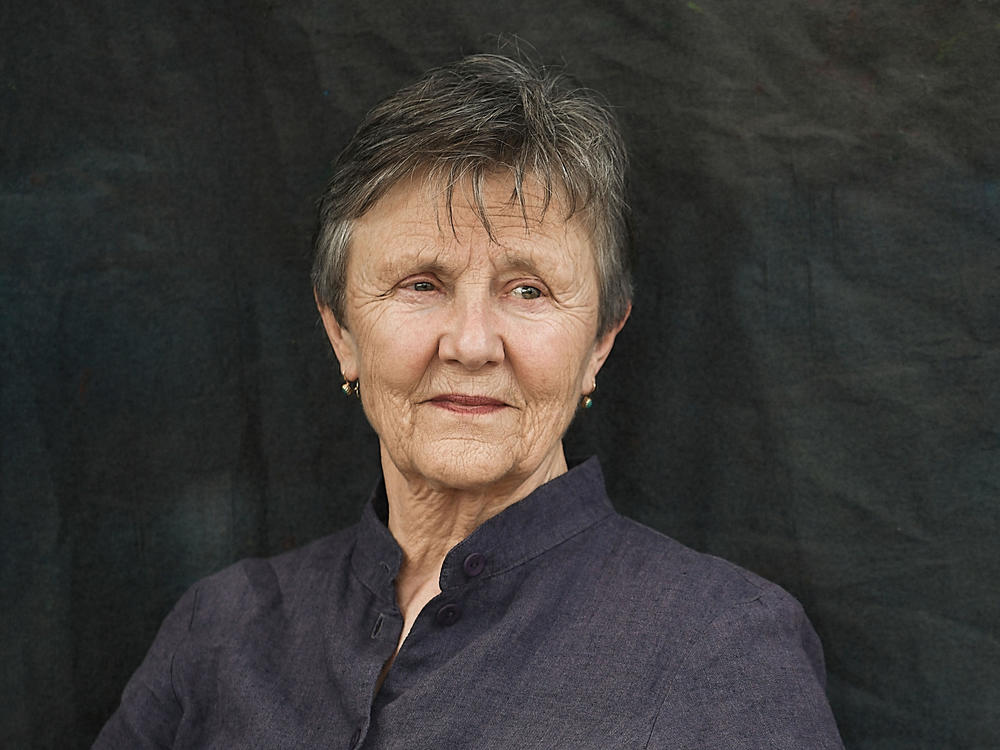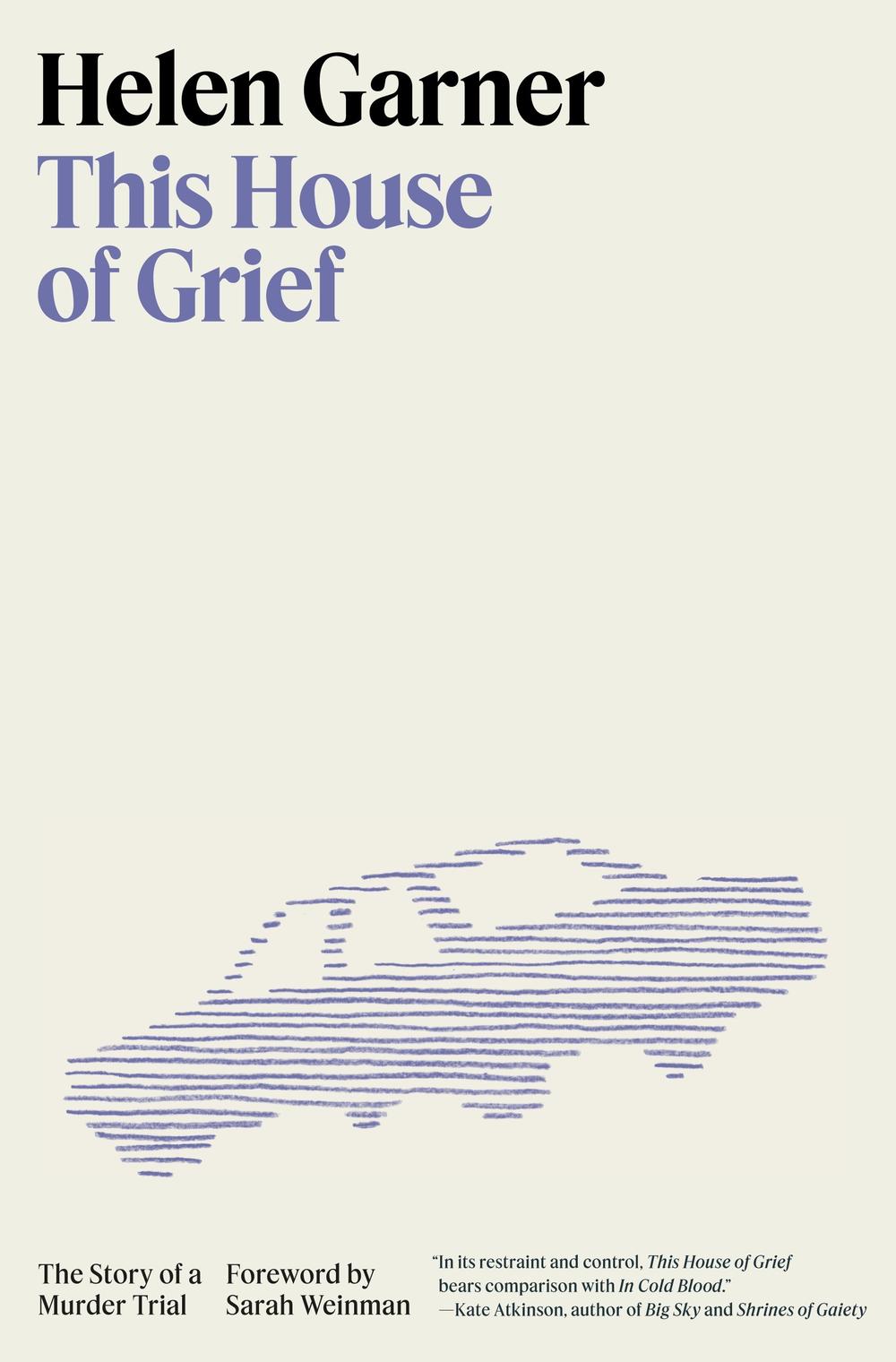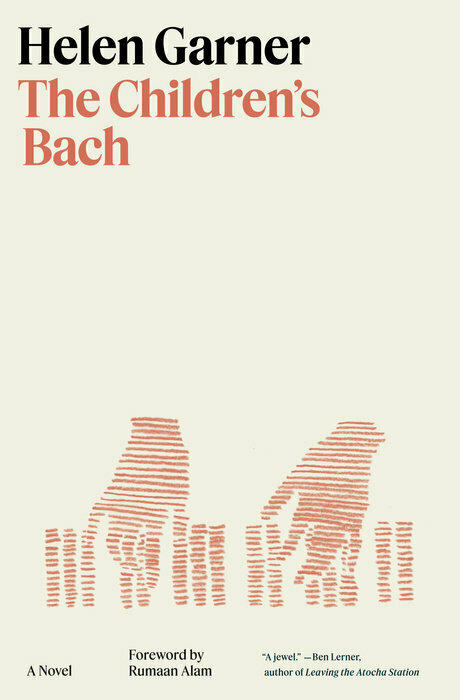Section Branding
Header Content
This Australian writer might be the greatest novelist you've never heard of
Primary Content
I sometimes think that great writers come in two types. The first show very little interest in the everyday world of people and events. A perfect example is the just-minted Nobel laureate, the Norwegian Jon Fosse, whose haunting new novella A Shining feels otherworldly: A nameless man heads into a cold, mysterious forest and has a religious experience.
In the other group, you find writers who dive headlong into our shared world of romance and pettiness, family and political squabbling. You get all this and more in the work of Helen Garner, the Australian novelist, journalist, diarist and screenwriter who, at 80, occupies the galvanizing spot in her culture once held in America by the likes of Mary McCarthy, Joan Didion and Susan Sontag. Steeped in her messy personal experience of the counter-culture and the gender wars, Garner's books win big prizes, kickstart controversies and say things other people rarely dare. Yet when I mention her name here, almost nobody has even heard of her.
In hopes of correcting this, Pantheon Books has begun releasing several of Garner's books, starting with perhaps her two most widely admired works: her short 1984 novel The Children's Bach, and This House of Grief, her elegiac 2014 book about a nation-transfixing murder that I think superior to Truman Capote's dodgy, preeningly literary In Cold Blood.
The more immediately gripping of the two is the latter. This House of Grief follows the year's-long judicial prosecution of Robert Farquharson, a floundering laborer who, on Father's Day 2005, drove his car off an overpass into water, killing the three sons he'd had with his recently estranged wife. He insisted it wasn't a deliberate crime – and his ex believed him – yet the police investigation decided it was murder.
Sitting in the courtroom day after day, Garner charts the ebb and flow of a sometimes boring, sometimes exciting process to which she responds with the shifting sympathies of a theatergoer. If she often feels for the accused, who strikes her as little more than a lost man-child, she's skeptical of the defense's claim that he couldn't have killed his sons because he loved them, writing:
There it was again, the sentimental fantasy of love as a condition of simple benevolence, a tranquil, sunlit region in which we are safe from our own destructive urges.
Garner uses the case — and her reactions to it — to think about wounded masculinity, collapsing families, the theatricality of courtrooms and the unknowable mystery of human behavior. Tinged with mourning, the book leaves us wondering what justice might mean in a tragedy where everyone winds up a victim.
Life is less bleak, but no less tricky in The Children's Bach, a generational saga that unfolds like a version of The Big Chill if it had been written by Virginia Woolf. Set during the disillusioned aftermath of the counter-culture, it centers on a couple, good-hearted Dexter and placid Athena, whose cozy, vaguely bohemian life wobbles when his spiky college friend, Elizabeth, turns up. She introduces them to an alienated teenage girl and a womanizing musician, and guides them to a punkish underground scene that unleashes fears and yearnings that were lurking there all along. In the end, this opalescent masterpiece is less a plotted story than a series of resonantly emblematic moments that catch the essence of the characters as they chase the secret of happiness.
Although different in style and tone, both books reveal Garner's great gift — an ability to cut to the heart of things. She's not out to wow us with a fancy style; rather, her elegantly direct prose is always wrestling with that essential feminist concern: the politics of domestic life. And she's not afraid to be thorny. In her bracingly unsentimental novel The Spare Room, the autobiographical heroine looks after a friend with terminal cancer and is flooded with resentment at the dying woman's delusions and narcissism.
This isn't to say that Garner's work is dark or nasty. Crackling with curiosity and unpredictability, she embraces the many-sidedness of life: defending suburbia, expressing admiration for the skills of working-class blokes – even when they're sexists – pondering the joys of old age, and admitting that, like me, her heart melts when she hears the theme music to the TV series Midnight Diner. The house of her imagination sets aside nice big rooms for love and pleasure and forgiveness.
Near the end of The Children's Bach, the womanizing musician tells Athena how to write a song. "You have to steer a line," he says, "between what you understand and what you don't." He could well be describing what makes Garner's work so compelling. Reading her, I'm always inspired that a writer who already knows so much of life never stops pushing herself into unknown territory.
Copyright 2023 Fresh Air. To see more, visit Fresh Air.



